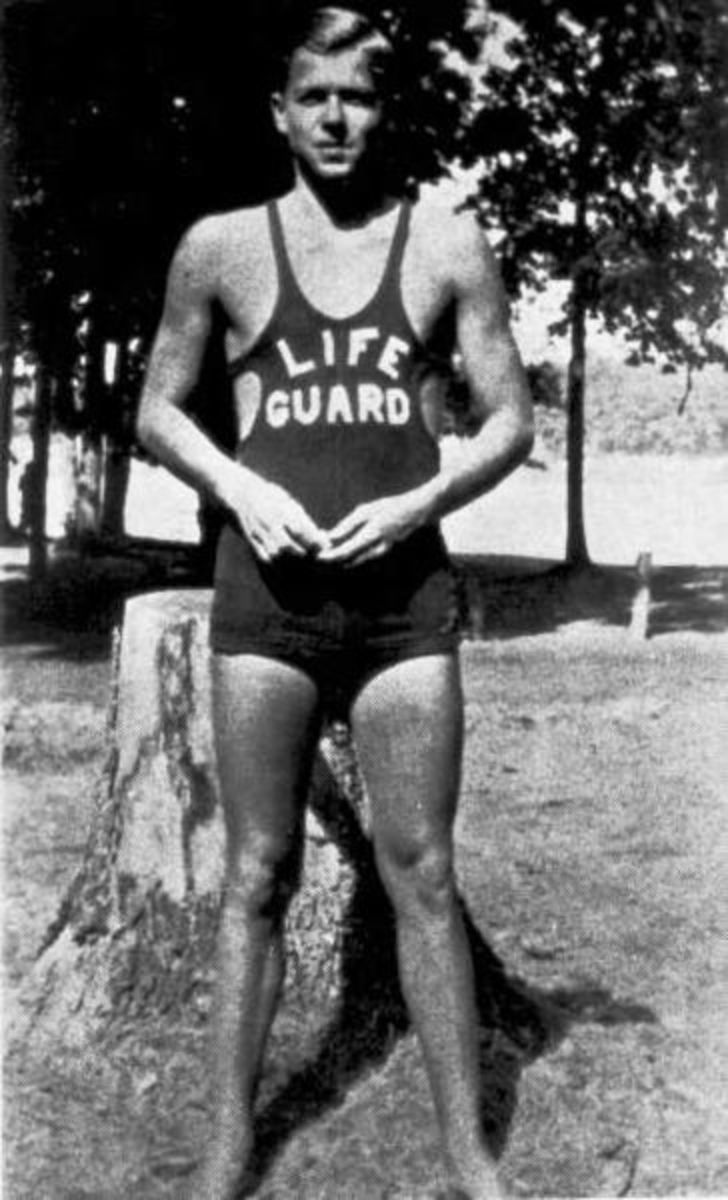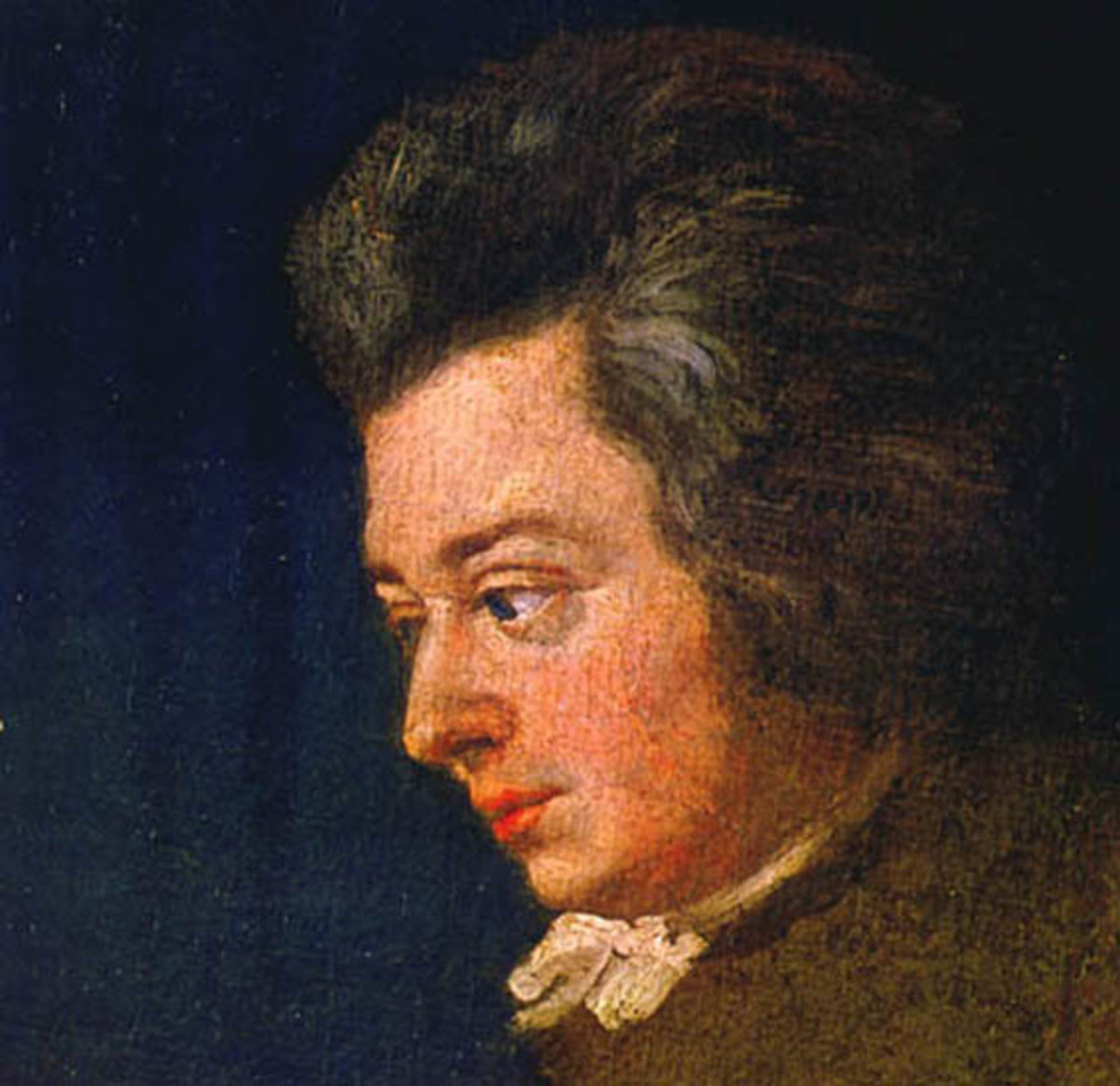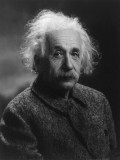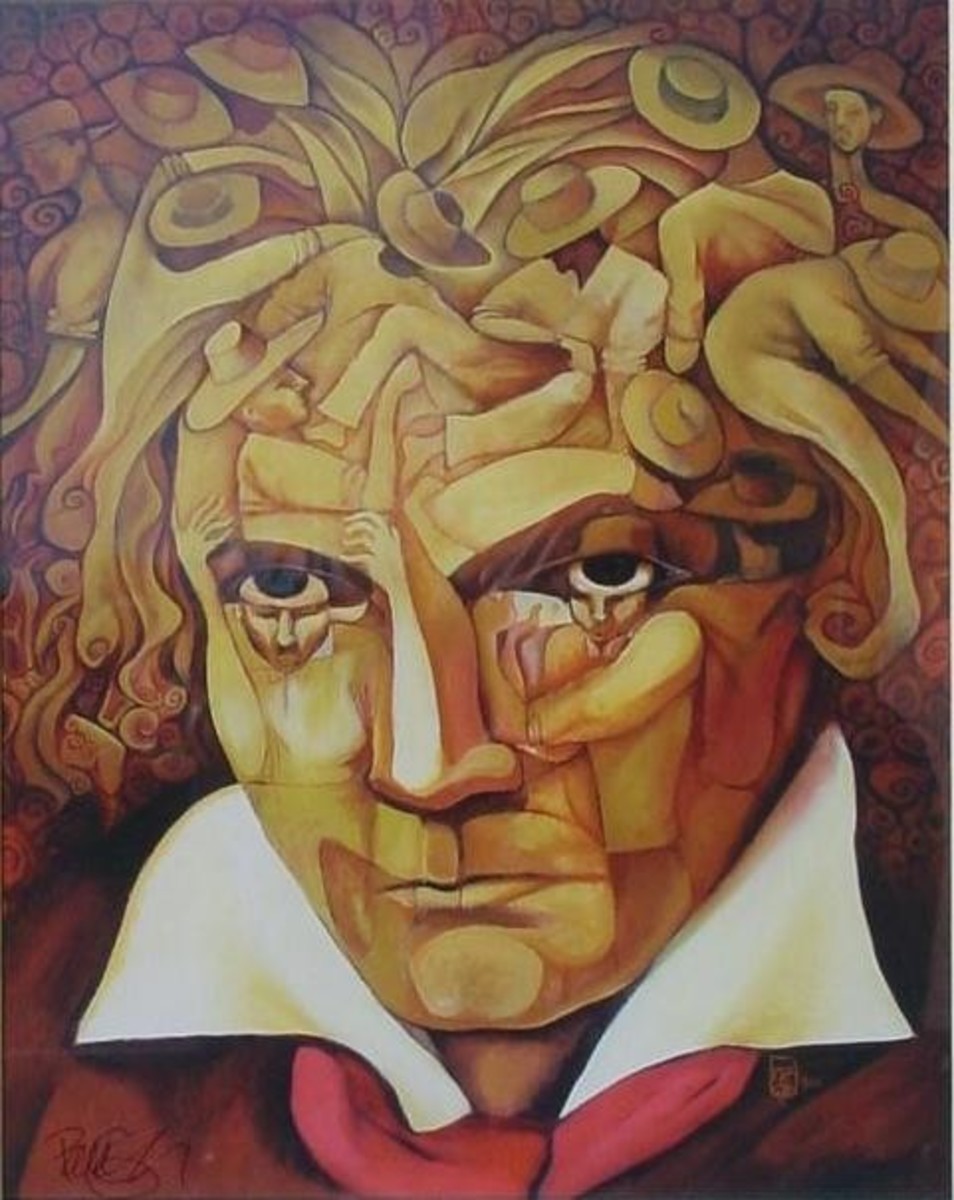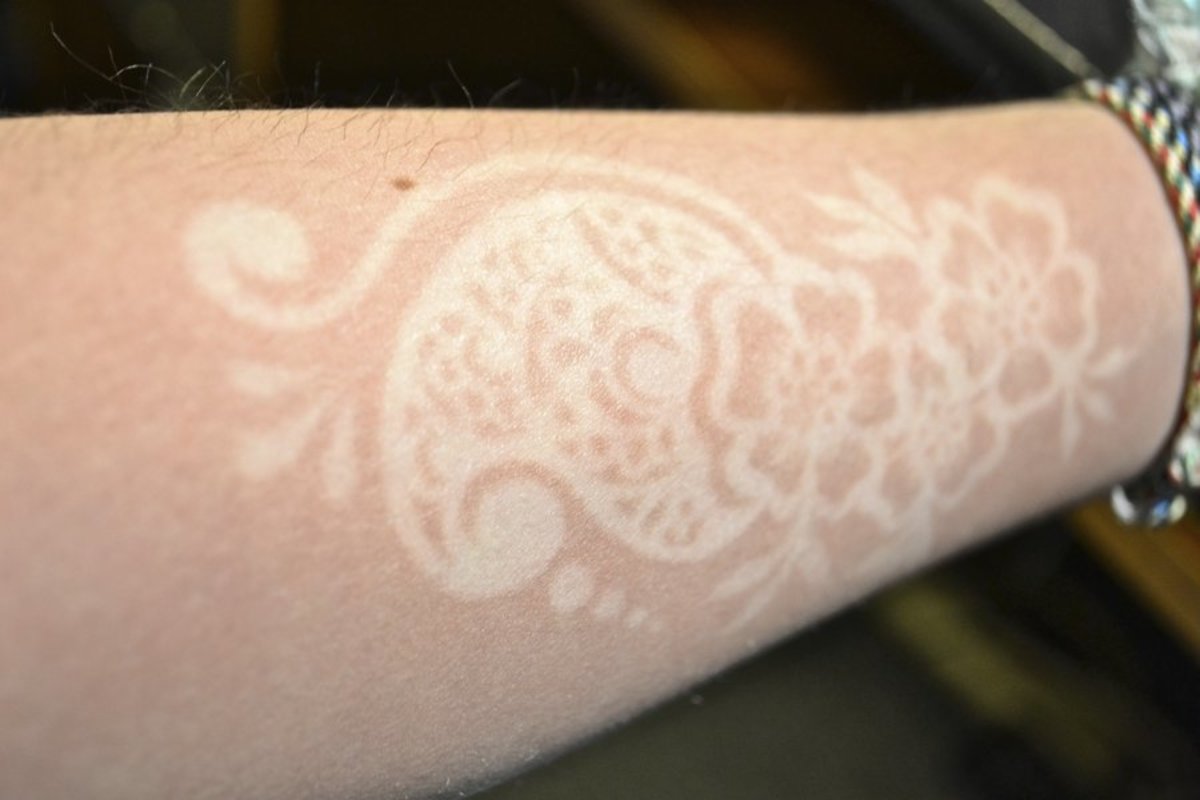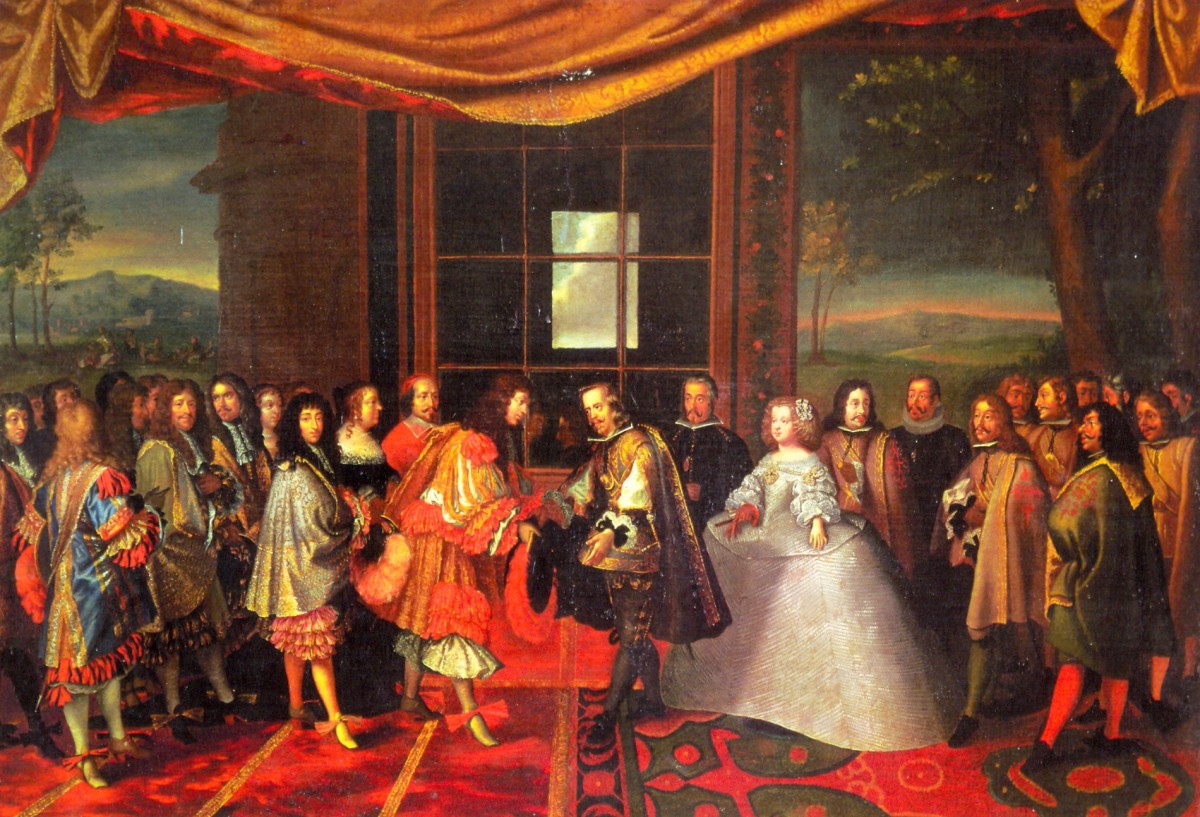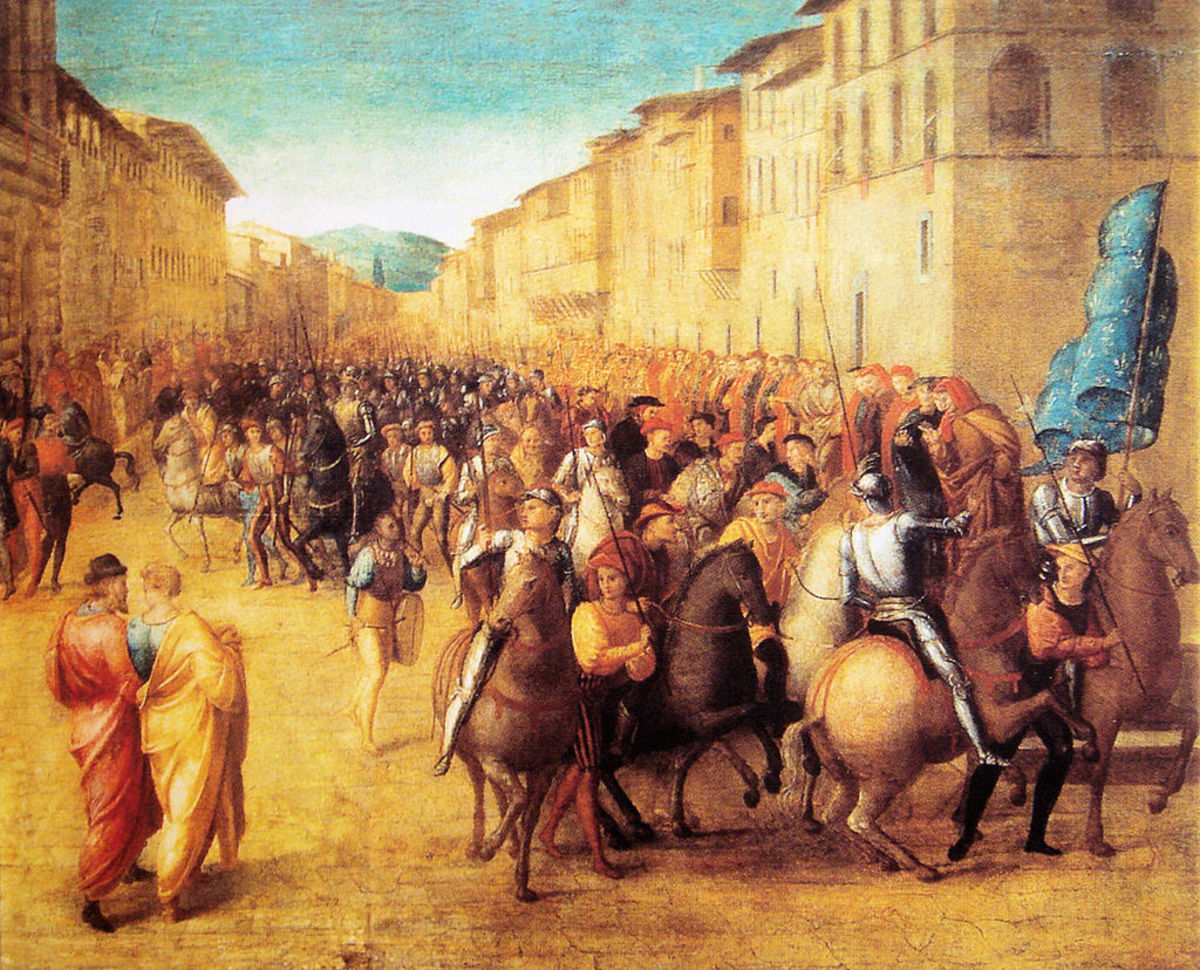Five Interesting Facts About Ludwig van Beethoven That You Probably Didn't Know
He was the irascible, wild-haired one of classical music's "Three B's," and by all accounts a genius, especially given the fact he started to have ear problems when he was in his late twenties and became totally deaf by 50, and kept on composing brilliant pieces anyway -- Ludwig van Beethoven, creator or nine symphonies, the Moonlight Sonata, and the enchanting Für Elise. We know about his Immortal Beloved, about his disappointment with Napoleon, and about how his main groupie is a kid in a comic strip. Here are some fun and interesting facts about Ludwig van Beethoven that you probably didn't know.
1. His Father Tried to Make Him Another Mozart
Ludwig van Beethoven was born on December 16, 1770, in Bonn, in the Electorate of Cologne, which is now Bonn, Germany, into a musical family. His grandfather, also named Ludwig van Beethoven, was the well-to-do and prestigious Kapellmeister, or chapel master, of the town, who had served the Elector as a conductor of music for more than four decades.
Young Ludwig's father Johann, though desirous of becoming Kapellmeister himself, lacked sufficient talent to do so, and instead became a bit of a stage father, seeing to it that his eldest son Ludwig had plenty of music lessons and that he practiced a lot – often under threat of beating if he refused. By the time Ludwig was seven, he was good enough to have a clavier concert scheduled in Cologne, with Johann conveniently shaving Ludwig's age down a year to make him seem more Mozart-like. Ludwig played admirably, but it was clear he was no Mozart. Rather than getting the necessary media buzz, all he got was a fizzle, and the idea of touting him as a child prodigy à la Wolfgang was quickly abandoned.
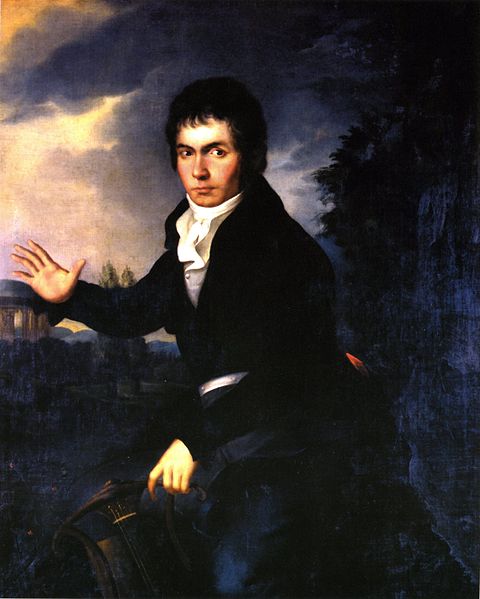
2. We Have Partial Transcripts of Many of His Conversations
Many artists and writers have been known carry notebooks around with them to jot down ideas, and Beethoven was no exception – though because of his deafness, notebooks were for him not merely an artistic tool but also a social one. He started losing hearing in his left ear in 1801, and was completely deaf by 1820. To compensate, he started a carrying a notebook and a pencil with him everywhere he went beginning around 1818. While Beethoven was known to write down his own observations in the notebooks from time to time (and other more mundane things, such as shopping lists), most of the writing was done by friends and relatives, who would pose a question to him on paper which he would answer verbally. An early biographer, his sometime-secretary Anton Schindler, claimed there were about 400 of these so-called "conversation books," though this may have been an exaggeration on his part, since it's been proven that Schindler forged some of the entries. There are known to be 139 authentic books that survive, however, graced by the handwriting not only of Beethoven, but also of such 19th Century luminaries as Franz Grillparzer, Gioachino Rossini, and a young Franz Liszt.
3. He Engaged in a Nasty Custody Battle Over His Nephew
Though Beethoven pursued several women as romantic interests over the years, he never married, nor did he have any children, legitimate or otherwise. Nevertheless, he wanted children, and was dismayed in 1815 when his brother Caspar died of tuberculosis and left his 9-year-old son Karl in the custody of his wife Johanna rather than him. Beethoven challenged that custody, presenting evidence that Johanna was a poisoner, a thief, and a loose woman. Johanna in turn responded that Beethoven would make an unsuitable parent because of his deafness and ill health (he also suffered from stomach ailments and chronic diarrhea), and that he was disqualified from addressing the matter in a court of nobility because the van in his name, unlike the German von, didn't indicate nobility at all, contrary to Beethoven's claim.
Finally, after four years, Beethoven managed to win custody of Karl, but their relationship turned out to be a fairly unhappy one. Karl, for his part, didn't think his mother had been all that bad, and Beethoven's hope that Karl could be groomed to exhibit the family's musical talents turned out to be severely misplaced
4. His Fifth Symphony Was Actually His Sixth -- and His Sixth Was His Fifth
Of the nine symphonies Beethoven wrote, perhaps the two most unlike one another are the lugubrious Fifth Symphony in C Minor – duh-duh-duh-DAH – and the light-hearted Sixth Symphony in F Major, also known as the Pastoral. Amazingly, they were written around the same time and premiered on the very same night, December 22, 1808, at the Theater an der Wien in Vienna. Although Beethoven started composing the Fifth earlier, he actually completed the Sixth first, and in so doing, it temporarily became the Fifth – which was how it was listed on the program that night. It was also the opening piece played that evening. It was only later that the numbering got changed into the canon that we know today.
5. He Had a Tenth Symphony in the Works
Beethoven, of course, wrote nine complete symphonies, and the idea of finding the manuscript for a tenth one, intact, would be the musical equivalent of digging up the Holy Grail. It's already been the subject of mystery novels and speculative fiction. Several sources indicate, however, that Beethoven did indeed plan a tenth, which he described as a "new gravitational force." He mentions it in a letter toward the end of his life, and seems to have played selections from it for friends. Some people, most notably British musicologist Barry Cooper, have gone so far as to try and reconstruct the symphony based on what we know. Cooper's work strings together fifty separate fragments from Beethoven's late writings, and while he may be making highly educated guesses as to what parts belong with what (or even if they are part of the Tenth Symphony at all, as opposed to some other composition Beethoven may have been working on at the time of his death in 1827), they are still guesses. Thus while Beethoven's Tenth Symphony is indeed a thing, we unfortunately will never be able to say with certainty what it would have sounded like.

